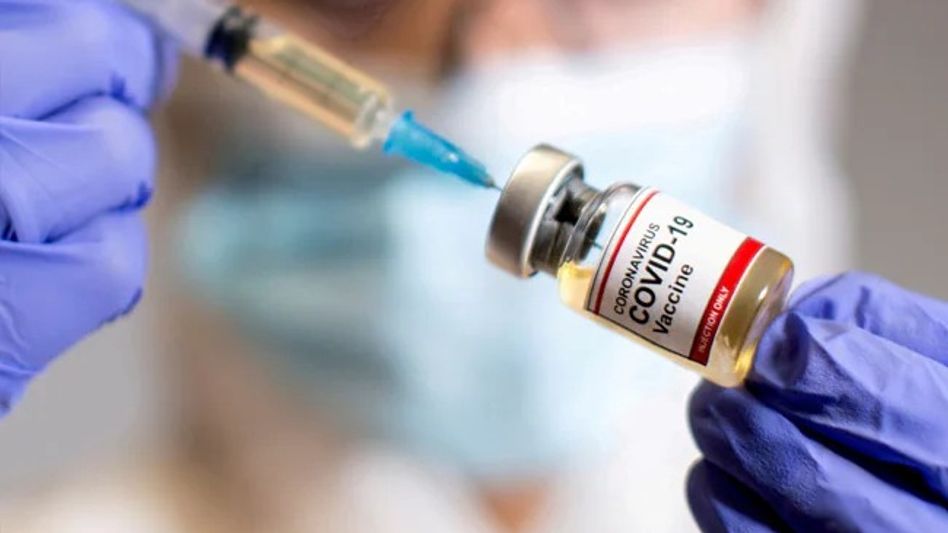AstraZeneca's Covid vaccine linked to rare blood disorder, states researchers
Researchers from Flinders University, Australia, have linked AstraZeneca's Covid-19 vaccine, Covishield, to a rare blood clotting disorder called VITT. The study comes after AstraZeneca's global withdrawal of the vaccine due to slower sales and availability of alternatives.
 Covishield Tied to Blood Clot Disorder
Covishield Tied to Blood Clot DisorderIn a recent development, AstraZeneca's Covid-19 vaccine, known as Covishield in India, has been linked to a rare blood clotting disorder called Vaccine-Induced Immune Thrombocytopenia and Thrombosis (VITT). This revelation comes over a week after AstraZeneca announced a global withdrawal of its vaccine due to a slowdown in sales and the availability of other options in the market.
The research, conducted by scientists from Flinders University, Australia, and published in the New England Journal of Medicine, highlights the emergence of VITT during the Covid-19 pandemic, particularly following the administration of the Oxford-AstraZeneca vaccine. This vaccine is based on adenovirus vectors.
According to the study, VITT is caused by a harmful blood autoantibody targeting a protein called platelet factor 4 (PF4). This autoantibody, produced by the immune system, mistakenly attacks the body's own tissues, leading to autoimmune diseases. Patients affected by VITT often develop blood clots in unusual locations such as the brain or abdomen and exhibit high levels of a substance called D-dimer in their blood.
Dr. Jing Jing Wang and Professor Tom Gordon from Flinders University, in collaboration with international researchers, found that PF4 antibodies in both vaccine-related VITT and natural adenovirus infections share identical molecular signatures. This suggests that a common factor in viruses and vaccines triggers these harmful antibodies.
The study, utilizing a novel method developed at Flinders University, indicates that the mechanisms of antibody production in these disorders are nearly identical and share similar genetic risk factors. Professor Gordon emphasized that these findings have significant clinical implications and can help improve vaccine safety.
However, according to the American Society of Hematology, vaccine-induced immune thrombotic thrombocytopenia (VITT) typically occurs within 4 to 42 days of receiving the Covid vaccine. Therefore, individuals need not worry excessively. Symptoms of VITT may include severe headache, visual changes, abdominal pain, nausea and vomiting, back pain, shortness of breath, leg pain or swelling, and easy bruising or bleeding.
Copyright©2024 Living Media India Limited. For reprint rights: Syndications Today









